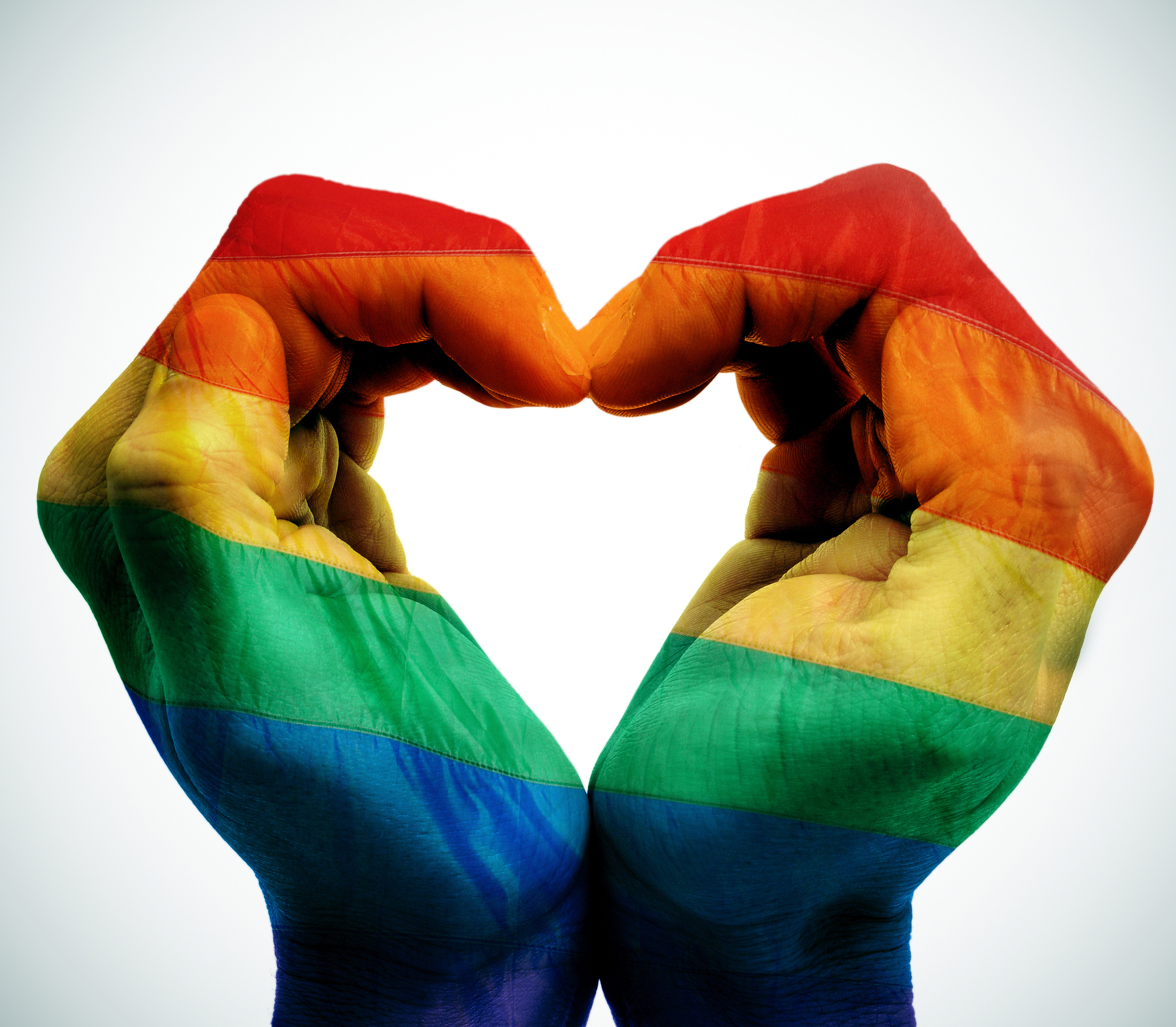American (only?) slang, 1930’s (only?) for pads women put in their bras to simulate larger breasts. Any help?
Source: Tennessee Williams The Glass Menagerie.
(FWIW, saw last night in breathtaking performance in NYC.)
American (only?) slang, 1930’s (only?) for pads women put in their bras to simulate larger breasts. Any help?
Source: Tennessee Williams The Glass Menagerie.
(FWIW, saw last night in breathtaking performance in NYC.)
I give up. What’s the question here?
If you’re asking whether Williams coined the phrase, the answer is no. The Glass Menagerie is 1944; the phrase was used in 1942.
Yes, the history of the expression.
Yes, the history. Thanks for the cite.
So, a new question: is Williams guilty of an anachronism? The play is set in Winter/Fall 1937.
Not necessarily. Many phrases are in use long before they are written down in a venue that is preserved.
I’m with Expano – would that which deceives a gay also deceive a straight ? ?
I think it was a different use of the term ‘gay’, meaning happy, cheerful, unrelated to homosexuality. At least that’s what I’ve heard when the Flintstones had a ‘gay old time’, but who really knows what went on in that water buffalo lodge :dubious:
The expression existed long before its use for falsies, though. Whiskey in the Jar is my cite
Absolutely. IMDb.com lists eight different silent movie shorts with that name.
It also lists a 1962 Andy Griffin Show episode called “Floyd, the Gay Deceiver,” which has to be a joke on somebody’s part.
According to the link given by Exapno Mapcase above, this is yet another definition of ‘gay’.
Gay used to mean dissolute, both in a heterosexual and homosexual sense; a person wearing ‘gay deceivers’ might have been suspected of loose morals in some way.
Rake would be applied almost exclusively to men, as in this definition:
A rake, short for rakehell, is a historic term applied to a man who is habituated to immoral conduct, frequently a heartless womaniser. Often a rake was a prodigal who wasted his (usually inherited) fortune on gambling, wine, women and song, incurring lavish debts in the process. The rake was also frequently a man who seduced a young woman and impregnated her before leaving, often to her social or financial ruin.
There may have been a sense in which gay meant rake which meant loose morals. But gay wasn’t used for women at the time any more than rake was. The gay in gay deceivers was undoubtedly the older sense of merry.
Gay also referred to women, in the 19th century at any rate;

Today I found out how ‘gay’ came to mean ‘homosexual’. The word “gay” seems to have its origins around the 12th century in England, derived from the Old French word ‘gai’, which in turn was probably derived from a Germanic word, though that isn’t...
Fast-forward to the 19th century and the word gay referred to a woman who was a prostitute and a gay man was someone who slept with a lot of women, often prostitutes.
The expression existed long before its use for falsies, though. Whiskey in the Jar is my cite
It also appears in Dixie.
Indeed, it seems to have had wide usage.
Gay also referred to women, in the 19th century at any rate;
How ‘Gay’ Came to Mean ‘Homosexual’
Not quite sure how that is relevant to the 1930s and 1940s. By that point using gay to refer to a female prostitute or a lesbian would have been extremely unusual. I’d like to see cites for that type of usage in that time period.
I’m not sure, either, but there it is, in your link. How else do we get from ‘a deceitful rake or dissolute person’ to a padded bra?
Maybe someone can verify this: The word “Gay,” as a reference to homosexuals came from their fighting back against claims that they weren’t as good as straight persons.
Their signs read,
Good
As
You
G
A
Y
. . .
I’m not sure, either, but there it is, in your link. How else do we get from ‘a deceitful rake or dissolute person’ to a padded bra?
Why do you think that was the procession? Why not the overwhelmingly common use of gay as cheerful, gleeful, happy, glad, cheery, lighthearted, joyous, joyful, jovial; sunny, lively, vivacious, sparkling; chipper, playful, jaunty, sprightly, blithe? Those uses would have been literally thousands of times more common.
Maybe someone can verify this: The word “Gay,” as a reference to homosexuals came from their fighting back against claims that they weren’t as good as straight persons.
Their signs read,
Good
As
YouG
A
Y
. . .
1000% pure nonsense.
The link I gave earlier does also say that the ‘female prostitute=gay’ usage had not yet evaporated in the 1950s. I can’t say I remember, being four at the time.
Why do you think that was the procession?
I’m not saying that I think that this was the procession, but it seems apparent that the person who wrote the text in your link made this connection for whatever reason. Perhaps the apparent fact that the ‘dissolute’ usage had not yet vanished holds the answer. There is no mention of blithe cheerfulness in that link.